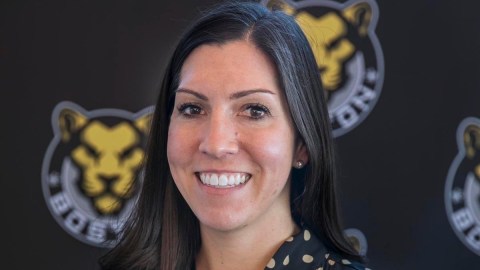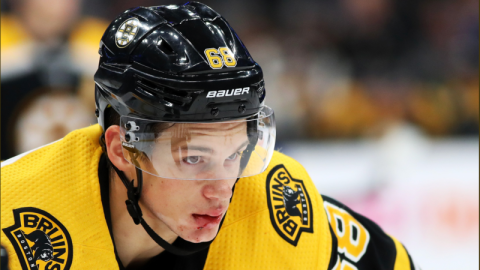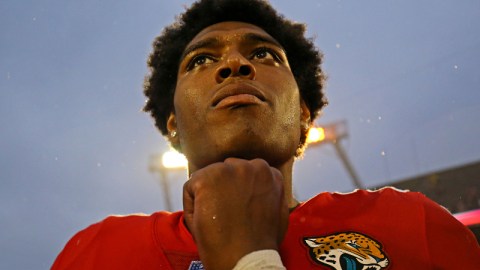Flocks of NHL players are headed to the unknowns of the
European hockey circuit as a result of the NHL lockout. However, the vast
majority of the Boston Bruins are staying put … for now.
Backup goaltender Anton Khudobin was the
first player on the Boston roster to formally commit to playing in Europe, but
the immediate fear of most fans is "who's next?"
It is no secret that the Bruins are a young team with a lot to lose as a result of the lockout. After years of hard work, scouting, drafting and trading, the Bruins front office has finally been able to put together a talented roster from top to bottom filled with young, hard-working players. Nearly all of Boston's offensive production comes from players who are under the age of 30 and now, with the departure of Tim Thomas, Tuukka Rask steps into the spotlight at age 25.
This past offseason, Bruins management put an emphasis on
keeping their core guys in Boston for the long term, and did so by signing
Tyler Seguin (6 years) Milan Lucic (3 years) and Brad Marchand (4 years) to contract extensions. For these three players signing on the dotted
line was the easy part. The hard part is deciding what to do while the TD
Garden is closed for business.
For the younger members of the Bruins roster this is an
important time in their development as hockey players. Less experienced players
such as Seguin, Marchand and Rask are considered to be more impressionable than
others, and changing leagues could make a large impact on how they play long
after the conclusion of this lockout.
European hockey is not something that is well-known by most
North American hockey fans, however it presents an interesting opportunity to
NHL players with no other opportunities in the U.S. Considered by some to be an "old man's paradise"
based on the less physical competition and tax-free pay, European hockey could
be the temporary home for some of the NHL's most talented young players.
The style of hockey that is promoted in most parts of Europe is
considered by experts to be "softer."
The games involve less contact, and offensive opportunities are created as a
result of speed and stick skills, not by imposing a physical
presence on the ice. Imagine Marchand and
Lucic spending a year in system where physicality was discouraged. Would it
change who they were as players when the NHL opens its doors again?
Another place where the young Bruins could plant their
stakes is in the AHL, but similar to Europe, there are concerns with what
playing in the league can do to player development. Would a young player benefit or be hurt by
competing in a less talented league with a group of guys who are fighting just
to be NHL players? If these athletes get
more comfortable playing at a slower pace and racking up easy points it's
possible it could damage their work ethic when they return to the Bruins.
The young guys on this team are now faced with a very
difficult decision. Do they let what
could be up to a year of their career go by with no competitive hockey being
played? Should they sign with a team in
a league that is less competitive than the NHL and could possibly stunt their
growth as a player? Or do they sit in Boston waiting for a compromise between
the players and the league?
There are those who say the only thing players have
to lose as a result of this lockout is money, but in Boston, these young Bruins
have a lot more riding on the work stoppage than numbers on a paycheck.




